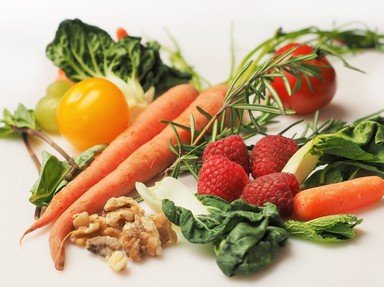Quiz Answer Key and Fun Facts
1. Lets start with the basics. What must occur in order for me to lose weight?
2. Simply not eating is an effective way to lose weight and remain healthy over the long term.
3. What is the caveman diet?
4. The Atkins Diet is a popular weight loss strategy. Which of these foods would I be able to eat or drink in almost unlimited supply and remain faithful to the diet?
5. Once a radical procedure for the morbidly obese, what is an increasingly popular surgery where a portion of your stomach is closed to restrict the amount of food you can ingest?
6. What multinational weight loss empire was started in 1961 by an overweight Queens, New York housewife named Jean Nidetch when she set up a support group of friends to watch over and help each other lose weight?
7. Which of the following items has not been touted as an effective miracle to help me lose weight?
8. What meal replacement drink marketed by Unilever promises that you can lose weight if you drink one of their shakes for breakfast, one for lunch and eat a sensible dinner?
9. There are many myths about the science of weight control. Which of these four statements is NOT a myth but a helpful fact to aid in weight control?
10. What is one often unexpected side effect of a gastric bypass or severe reduction in calorie diet?
Source: Author
adam36
This quiz was reviewed by FunTrivia editor
CellarDoor before going online.
Any errors found in FunTrivia content are routinely corrected through our feedback system.

